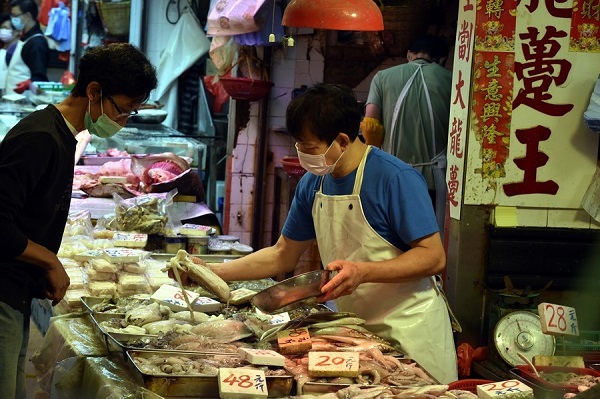New Delhi, (Samajweekly) China has increased video surveillance and inspections of street vendors in and around the Tibetan capital of Lhasa in an effort to ‘clean up’ the city, though sources inside the autonomous region said the measures are meant to get Tibetan hawkers off the streets, according to a media report.
Local authorities began implementing the ‘Clean Up Lhasa’ campaign on March 20 in the city of about 5,60,000 people in which they are inspecting all street vendors in and around the Jokhang Temple, or Tsuglagkhang, Radio Free Asia reported.
Tibetans consider the four-story Buddhist temple in Lhasa’s Barkhor Square as the most sacred and important temple in the Tibet Autonomous Region.
Chinese authorities are also prohibiting Tibetan vendors who sell ‘tsampa’, a Tibetan staple food made of barley, sha-kampo, or dried yak and sheep meat, and other edibles, alleging that they do not have proper food badges on them, said a Tibetan inside the region, Radio Free Asia reported.
“Though the Chinese government has implied that the campaign is aimed at keeping the city clean, one can see that only Tibetan vendors are targeted under this campaign,” he told Radio Free Asia.
Authorities are also telling Tibetan street vendors to stop selling CDs of Tibetan songs and are interrogating them for no reason, the source added.
“This has caused so much trouble for Tibetans who make their living as street vendors,” he said, Radio Free Asia reported.
China maintains a tight grip on Tibet, restricting Tibetans’ political activities and peaceful expression of cultural and religious identity as Buddhists. Tibetans frequently complain of discrimination and human rights abuses by Chinese authorities and policies, which they say are aimed at wiping out their national and cultural identity.
The latest move follows increased security measures in Lhasa and other major towns ahead of recent politically sensitive anniversaries during which the police randomly checked individuals and their cellphones for contact with people outside the region, Radio Free Asia reported.









